Forgive me for being a bit behind the 8 ball, but I’ve only just realized that Bennifer aka Ben Affleck and Jlo are together again. It took me down memory lane back to when they got together the first time. I told my husband they were back together and I was actually impressed that he knew who either of those people were. Jokes aside, I’ve been with my husband for 22 years nearly and I thought some of you might be interested in how that has shaped my business and my mental health.
If you’d prefer to listen to this week’s blog, head to my podcast Mum As You Are for episode 11
It was the eve of 1999. I definitely believe in love at first sight, because we locked eyes from across a room and that was it. I mean until I saw his identical twin and that had some awkwardness. We were friends for a year first. We both had other relationships. I’d accepted that he was going to move away for uni and we went to one last party together. Whether it was the threat of the Y2K bug, the shooting star we saw, or the fact that another drunk bloke who was vying for my affection challenged him to a dual…we ended up together and haven’t looked back.
Something I’ve found so useful in navigating tricky times is to revisit what I call anchor relationships. It might not be 20 odd years but find those people who knew you before you had your business, had kids – back when you were all insecure with pants that were cut too low and eyebrows that were too thin – or was that just me?
We need people who can hold the best version of us while we awkwardly re-engage with in-person interaction. When we trip over a word, explain something poorly or use micro expressions that could be misinterpreted. One of my favourite games to play with clients over the years is a little something I call “does someone really hate you, or do they have diarrhea?”
Put simply, when someone gives you a funny look can you 100% know that the grimace you saw is about you? How do you know it’s not them thinking about an appointment they forgot, a reaction to something behind you (like a car not slowing down enough) or even something internal like the cramps that let you know you need to find a toilet – and fast.
In researching for my book about social media and our mental health, I’ve come across a reasonable amount of research indicating that this whole non face to face interaction with people is impacting our social skills. Dr Sherry Turkle is someone you might want to look up if you’re interested in this. she had a study indicating that middle-school aged kids are struggling to read non-verbal cues, probably due to the amount of online versus offline interactions they were having.
A strong protective factor for me being able to quit social media is that I remember what true joy, happiness, feeling understood and love felt like before social media and mobile phones. My husband and I have a relationship that pre-dates these things. I used to have to ring him up on the family phone – not knowing if he or his identical twin brother would answer. Beforehand, I’d play out all the scenarios in my head that might lead to embarrassment or awkwardness. Once I got over the awkwardness we’d talk for three or four hours. I love that I am still married to someone that I used to spend hours talking to, uninterrupted. About the moon, what shade it was and how we felt about it. These days it’s more of a five minute conversation about the consistency and colour of one of our children or dogs’ poo.
If it’s not someone you can find as a positive anchor it might be something. Like the music you listened to during peak development periods. Economist Seth Stephens-Davidowitz used data from Spotify to demonstrate that the most important age range from women developing musical tastes was ages 11-14. He argued that songs from this era of your life are potentially the ones that will continue to impact you the most.
I wonder if this extends to other interests? That maybe the hobbies you enjoyed at ages 11-14 is where you might find joy and true fun instead of scroly fake fun?
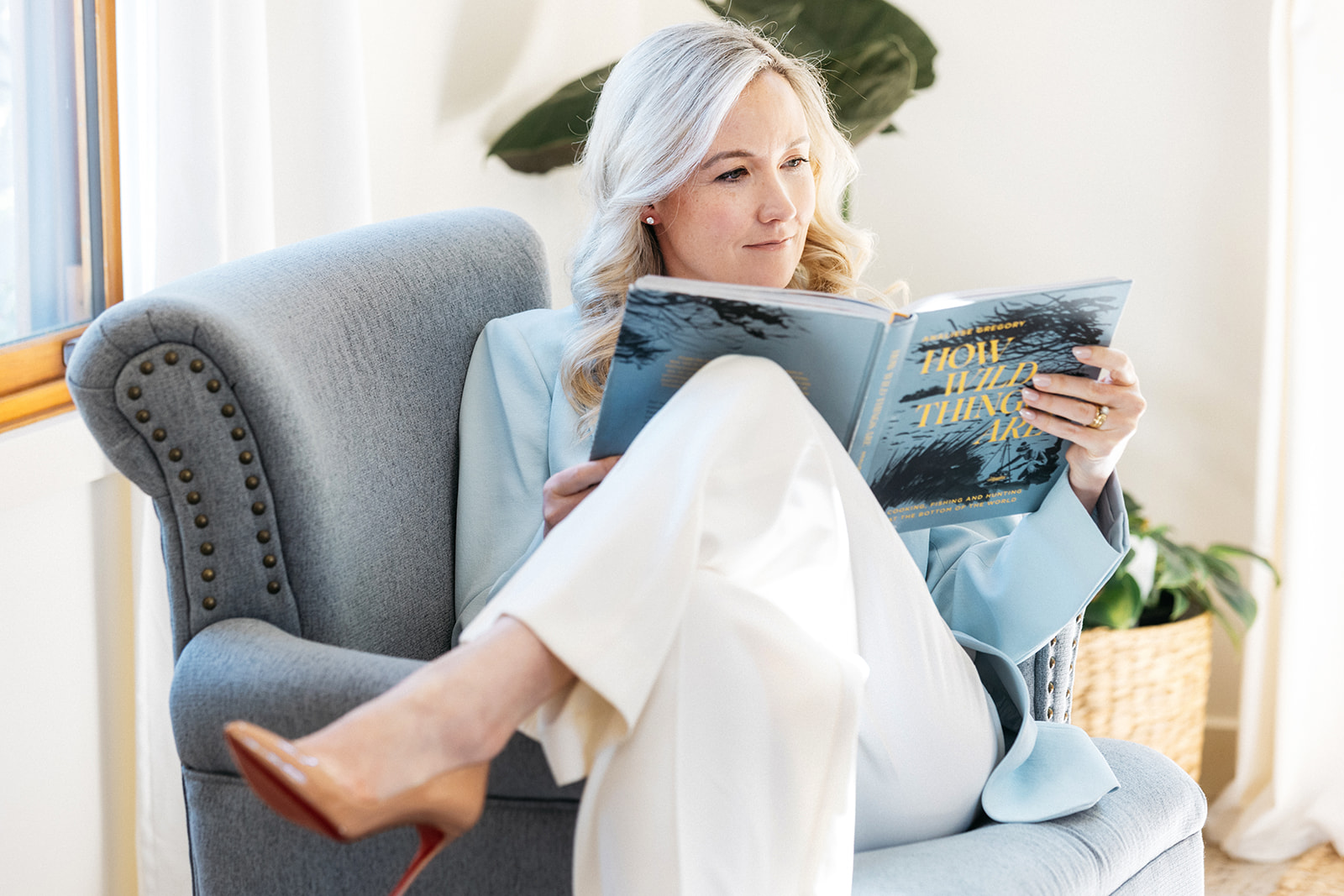
featured posts:
Something I hear so often from women is that they wonder if maybe they “can’t” be neurodivergent because they did well at school, are intelligent, high-achieving and outwardly really successful. When you have early experiences of being second-guessed by others, it can leave you in this conundrum – you trust your intuition yet you doubt […]
READ THE POST
More from Around the Site
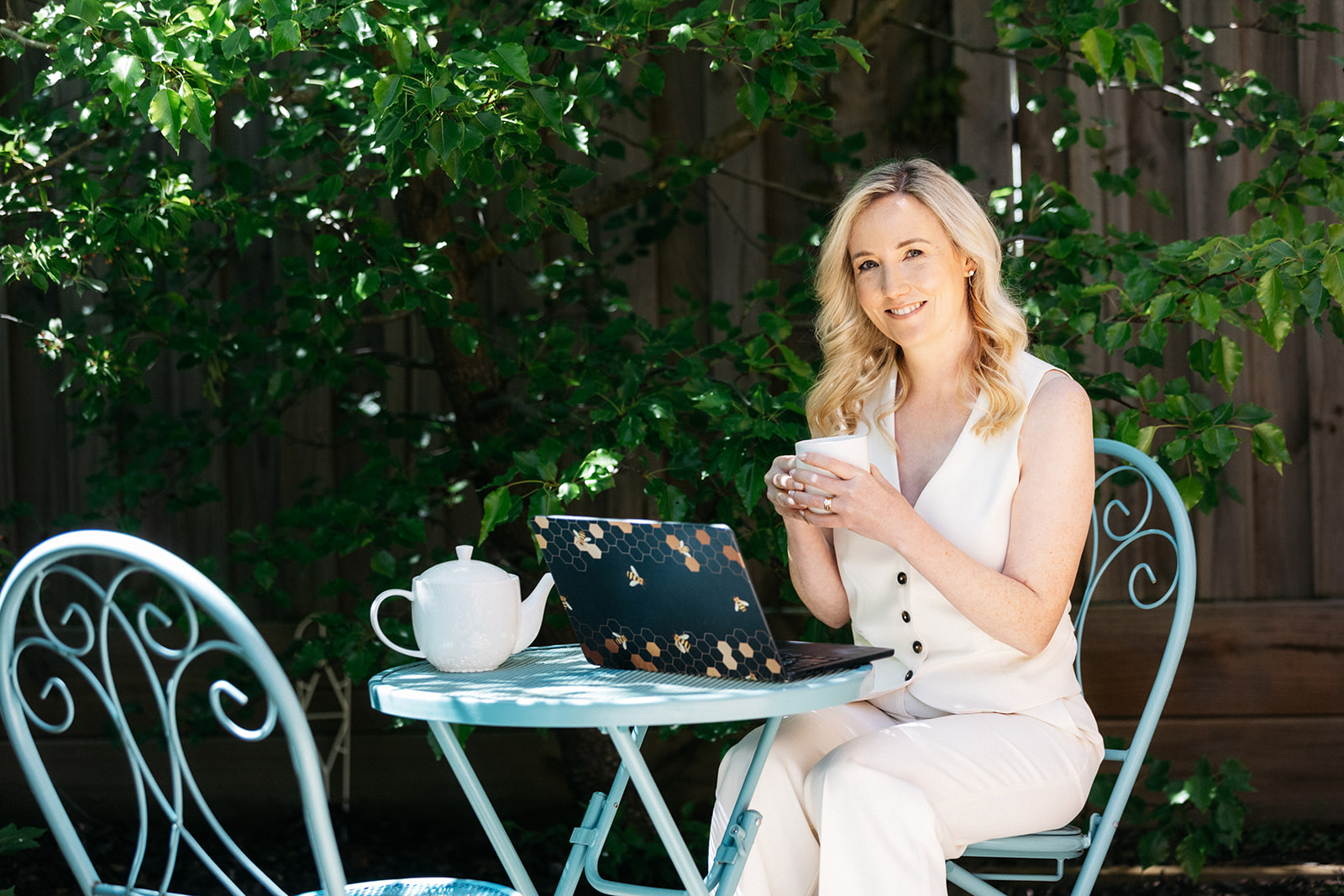
featured posts:
When women come to me for ADHD or autism assessment, they often start with a disclaimer: “But I’ve always managed. I got through school. I keep the house running. I can do the things.” And they’re right. Most of the time, you can do the things. That’s not the point. The better question is: at […]
READ THE POST
More from Around the Site
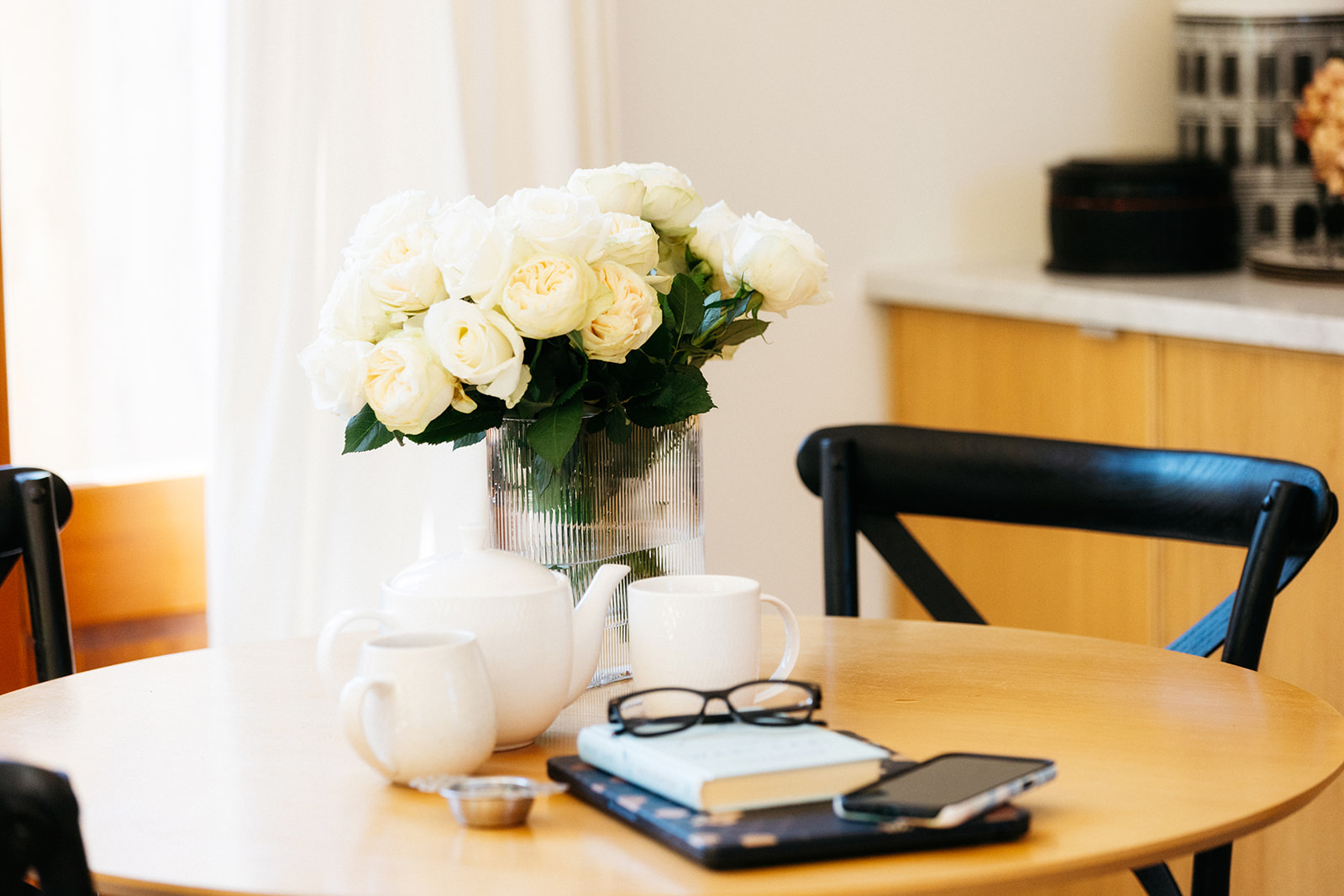
featured posts:
How to Prepare for an ADHD or Autism Assessment (and Care for Yourself After) If you’re waiting for an ADHD and/or autism assessment, it’s completely expected be feeling anxious. Many of my clients also feel they are caught in a loop of self-doubt and over thinking. Floating between trusting your instincts and all the research […]
READ THE POST
More from Around the Site
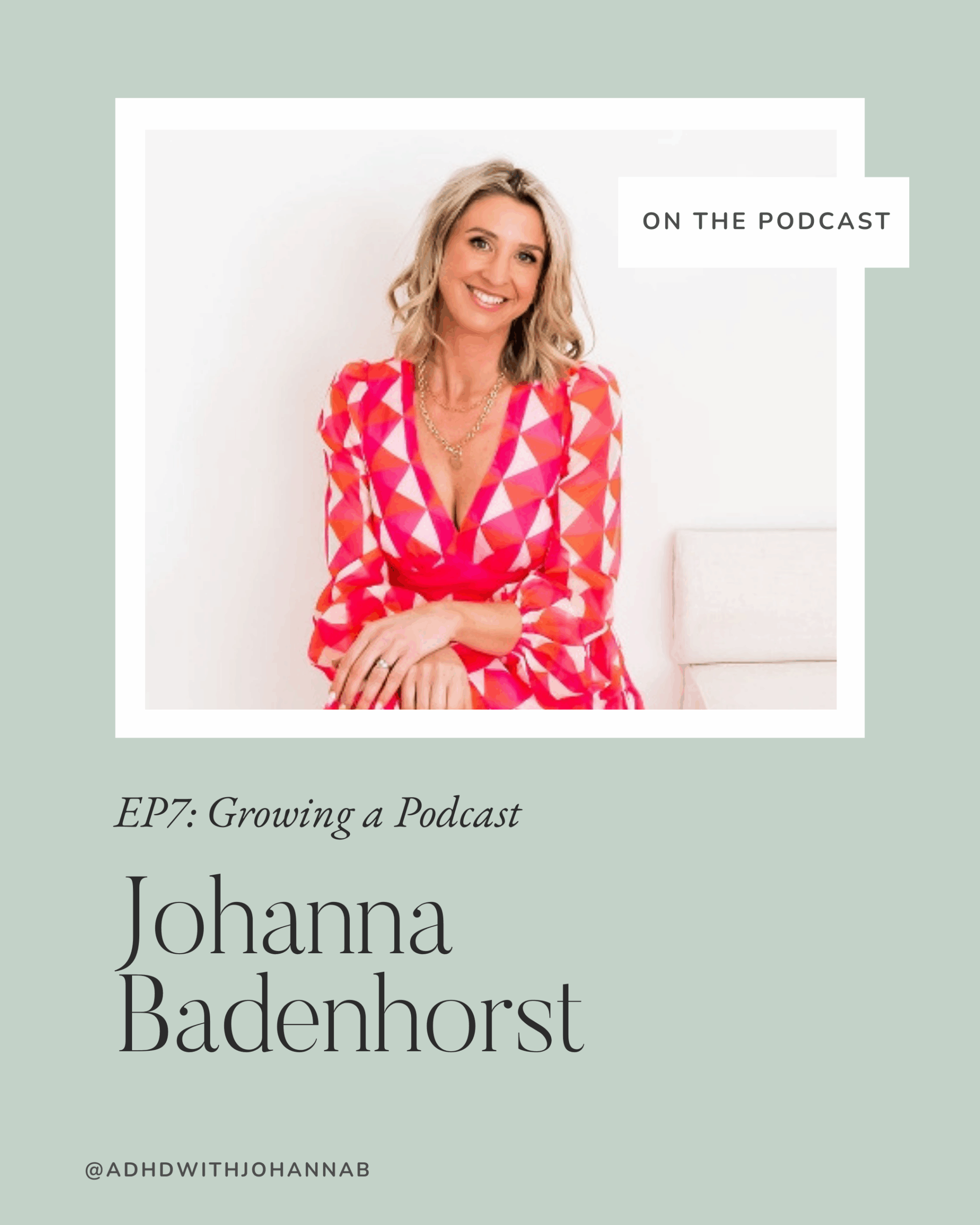
featured posts:
Podcasting can be a wild ride! I’ve run 3 of my own now. Each time it is a beautiful dance between imperfection and passion. And it’s not just about hitting record and hoping for the best. It’s about finding your voice in a world that often tells you to stay quiet. Nobody understands this better […]
READ THE POST
More from Around the Site
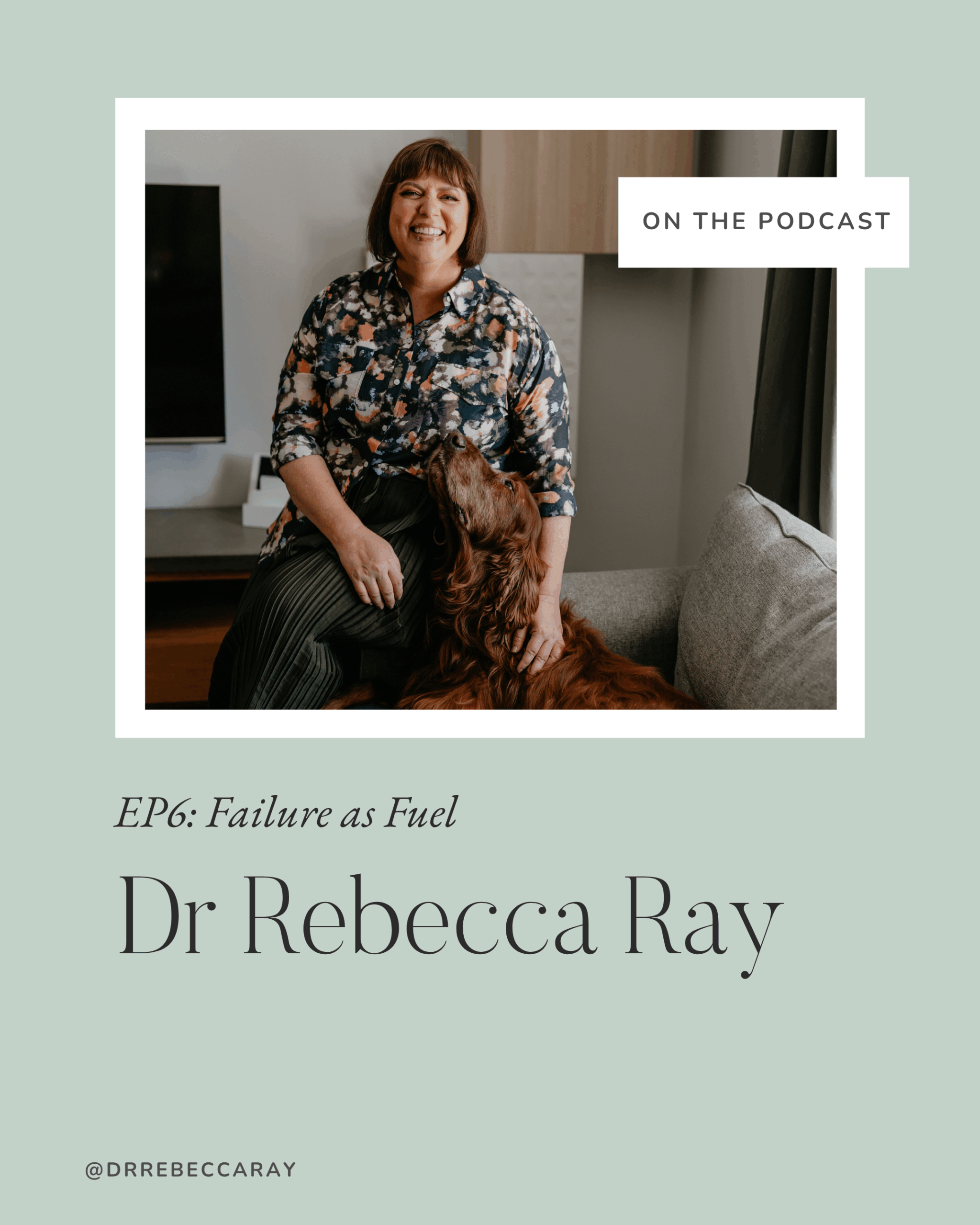
featured posts:
If you have an online business, then you’ve likely had those moments on the kitchen floor, crying into a tub of ice cream, wondering why your course isn’t making the six-figure splash you expected. When I first experienced this back in 2020 with my first online course, birth trauma training for birthworkers, the person who […]
READ THE POST
More from Around the Site

featured posts:
Starting a business is no small feat, especially when you’re balancing the demands of motherhood. This is an experience I’ve come to understand intimately, and it’s something my latest guest on the podcast, Dr Sophie Brock, knows all too well. A motherhood studies sociologist by training, Dr Sophie Brock has charted her own path in […]
READ THE POST
More from Around the Site
On the Air
The Mess Behind the Success
Mum as You are is my bite sized, unfancy and unplanned podcast. In weekly episodes of 15 minutes or less, I share a roadmap for finding your way back to self-compassion.
My Services
I help high-achieving women make sense of ADHD and Autism — replacing confusion with clarity and self-trust. Also known for my perinatal work and books.
Mum to small humans, dogs and chicken divas. Here for the quiet rebellion in mental health.
Get my newsletter
Life is too short for 'meh' marketing emails.
A writer at heart, I want you to feel seen, supported & entertained ;)
Your weekly antidote to self-doubt, overthinking & imposter fears
Inspiration to move through self-doubt & show up to make global impact Oh, & there's my flower farm & chickens!
